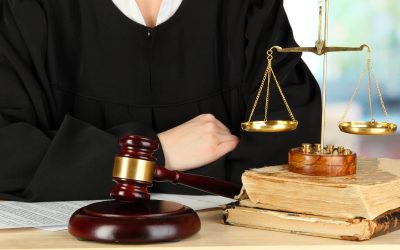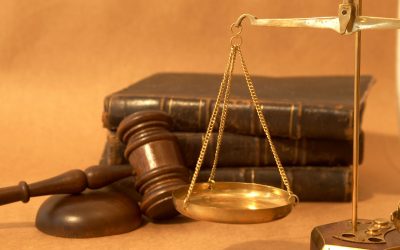Marion County bankruptcy courts require that all claimants who wish to file for bankruptcy fulfill all prerequisites before completing a petition. Under the United States Bankruptcy Act formed in 2005, this implies that the claimant will attend a credit-counseling program that is approved by the state of Indiana. The claimant must provide proof to the court to establish that they have completed the program successfully. They should hire a Bankruptcy Lawyer in Indianapolis IN to help them with this task.
Exhausting All Avenues
Consumers should exhaust all possible avenues for debt settlement before choosing bankruptcy. It offers a wealth of advantages; however, it also possesses several drawbacks. Common avenues begin with discussing a possible settlement with the creditor. Creditors such as credit-card companies are more likely to offer a reduced balance to avoid bankruptcy. The reason in which this occurs is that they are the most common debts that are discharged in these cases.
The next possibility is a debt consolidation loan. The problem with this option is that the consumer’s credit score affects their ability to acquire the loan. If she or he has considered bankruptcy, chances are their credit score is not up to par; they could be ineligible for a loan through a traditional lender.
In most instances, these lenders are the consumer’s only option for obtaining a low interest rate. At any time that a consumer considers acquiring a loan from a non-traditional lender, he or she should allow their Bankruptcy Lawyer in Indianapolis IN to review the contract before accepting it.
Filing For Chapter 13
With new laws, the consumer must possess an income of over $40,421, which is the median income for Marion County to qualify for chapter 13. Further requirements for filing Chapter 13 Bankruptcy in Indianapolis, IN stipulate that the consumer should generate a repayment plan for the next three-to-five years. All expendable income is used to pay off debts during this period.
The court establishes an allowance for household expenses based on the consumer’s income for the six months prior to filing a claim. Any deviation from this plan results in a discharge of the claim at which point the consumer is responsible for all debts.



